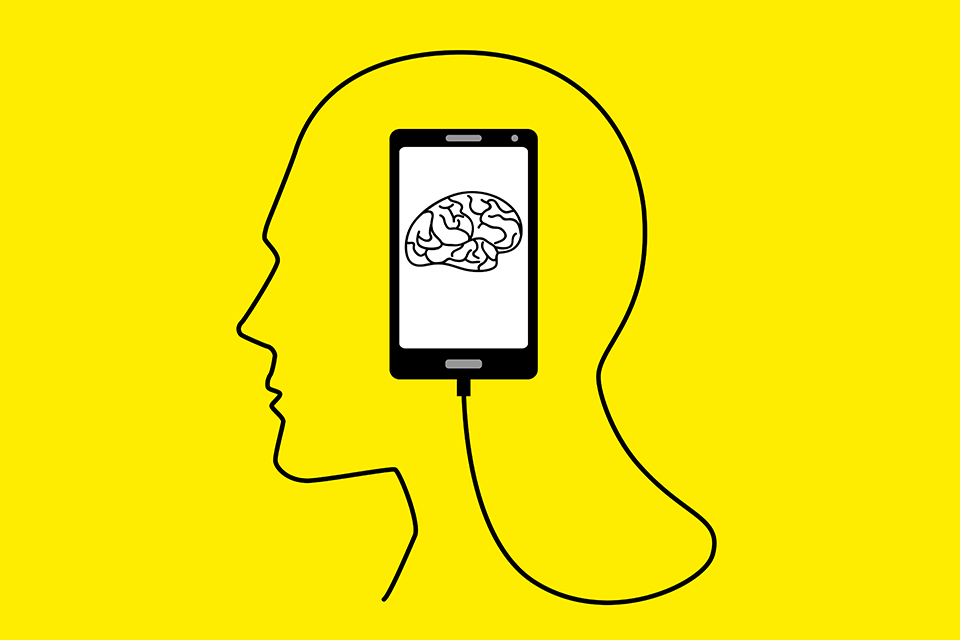Brain Implant Controlled by Smartphone

Wireless implantable device technologies have become popular as an alternative to conventional attached implants as they help minimize stress and inflammation in freely moving animals during brain studies, extending the life of the devices. However, such devices require intermittent surgeries, specialized and cumbersome wireless power setups to replace empty batteries.
KAIST scientists have developed a smartphone-controlled soft brain implant that can be charged wirelessly from outside of the body.
Made from ultra-soft and biocompatible polymers to help ensure long-term compatibility with tissue, the device uses a fully implantable, soft optoelectronic system that can be controlled remotely and selectively by smartphone.
The study, published in the journal Nature Communications, says that this device, which can be operated anywhere and anytime to manipulate neural circuits, is a versatile tool for investigating brain function.
This powerful device allows for uninterrupted chronic neuromodulation, eliminating the need for additional painful surgery to replace a dead battery in the implant.
Scientists believe that this technology could help uncover and treat psychiatric disorders and neurodegenerative diseases such as addiction, depression, and Parkinson's.
Reference: Kim CY, et al. Soft subdermal implant capable of wireless battery charging and programmable controls for applications in optogenetics. Nature Communications, 2021; 12 (1) DOI: 10.1038/s41467-020-20803-y
